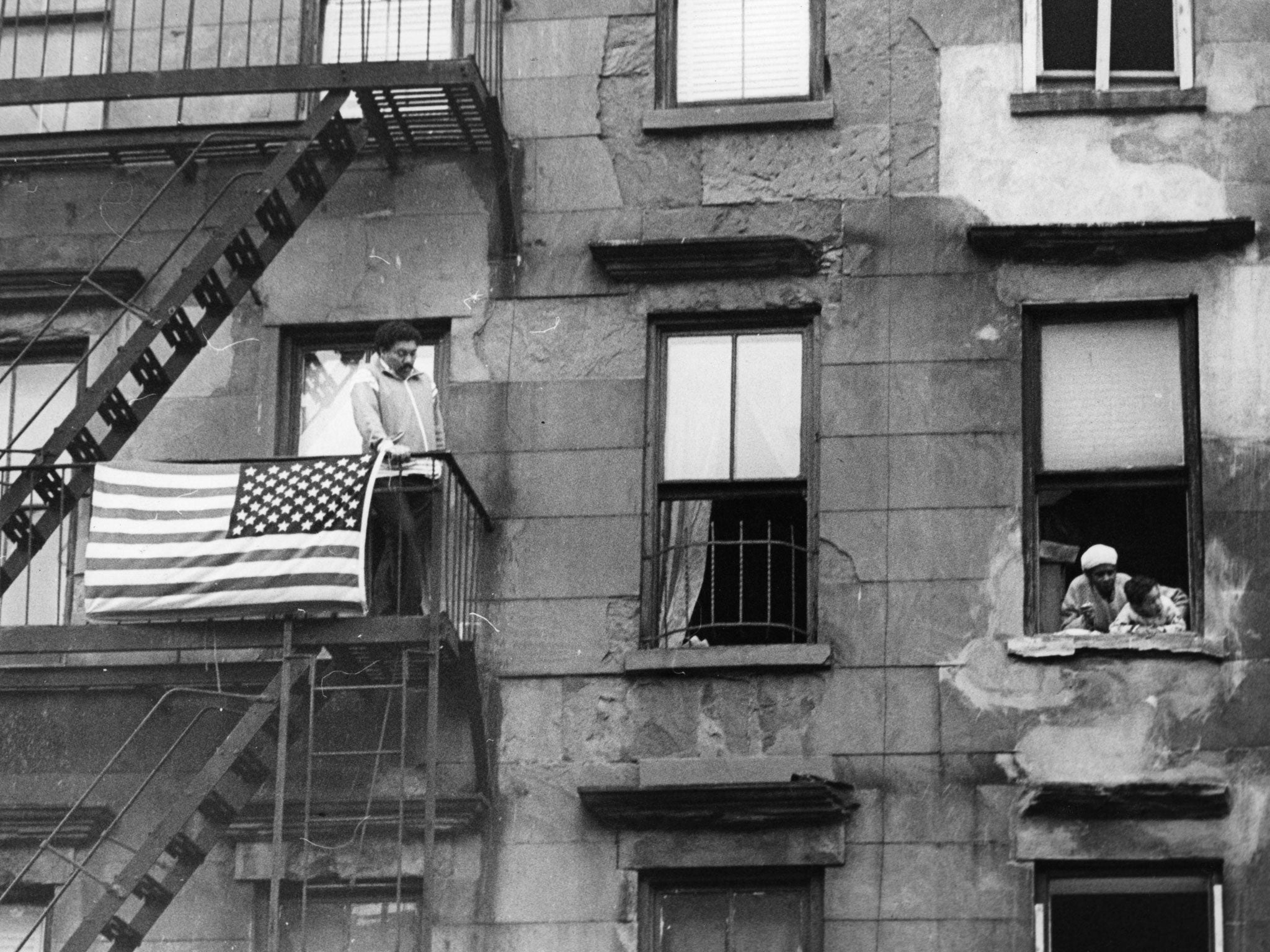The Independent's journalism is supported by our readers. When you purchase through links on our site, we may earn commission.
New York City housing: Is this the issue that will win the mayoral race for Bill de Blasio?
Rents are sky-high, while homelessness is back at Great Depression levels

Housing is one of New York City’s greatest problems. As rents have continued to increase - even since the recession started - the city’s poor have found themselves priced out of homes around the city and have to resort to living in homeless shelters.
The Right claim these people are unemployed, that they scrounge benefits, that they don’t contribute to society. But a story in yesterday’s New York Times told how people with jobs - or even two steady jobs - were joining the 50,000 New Yorkers sleeping in a shelter every night. The levels of homelessness are the same as during the Great Depression. This is all set against a backdrop of more people moving into New York than out since the 1950s and sky high rents.
And many of those who do have homes find them in buildings whose conditions more closely resemble Victorian slums than apartment blocks in “the greatest city on Earth.” When people boast of how long the waiting list is for New York public housing, they’re ignoring the fact that many of the buildings are crumbling, badly run and dangerous.
Some private apartment blocks are locally famous for squalor and violence. A police officer described to me how there were “more holes than doors” in the entrance to the roof of one of these blocks in Brooklyn. In a city council meeting in the Bronx, I heard how firefighters left a building after a false alarm swarming with lice and how children in that same building were sick from poisonous lead paint on the walls.
To live in these buildings, people pay through the nose. 32.5 per cent of city residents spend between a third and a half of their income on rent, and a further 31 per cent spend over half their income on housing according to a study by New York University’s Furman Center.
Inèz E. Young, a native Belizean who now lives in a tenement in the Central Bronx wakes up before the sun rises to commute across the city to Brooklyn to work as a nanny. She only just affords to make enough to pay her rent. But despite her hard work, she can hardly feel easy at home.
“It’s not safe,” she said, as she remembered the time when the ceiling in her bathroom collapsed. “I was always telling them that the bathroom ceiling was cracking.”
She showed me the bathroom and gestured above her where a rough paint job barely concealed signs of earlier damage. “I was taking a bath and I see the little sands coming down. When I look up, it already cracked,” she said. “I just pulled back and the ceiling fell in.”
Downstairs, tenant Deborah Vasquez added that the building was unsafe for her six-year-old daughter because there was still lead-based paint around. She said her daughter tested negative for lead a year ago when they moved in but after about 5 or 6 months, another test a “high volume of lead” in her daughter’s blood.
Young and Vasquez’s building is on democratic mayoral candidate Bill de Blasio’s ‘Worst Landlords’ watchlist, a programme that he initiated in 2010 (he also launched a watchlist for public housing recently). The website allows people to see how many violations have been committed by their landlords (or repairs have not been carried out by the public housing authority).
This is a step in the right direction, as are some of de Blasio’s other efforts on the vital issue of housing in New York City; he introduced a law that was passed to ensure heat and hot water for all tenants in the city and he helped partner attorneys with tenants in housing court. If campaign promises are to believed, a de Blasio City Hall would mean more representation for New York’s poor on housing issues. And it could not come at a better time.
Join our commenting forum
Join thought-provoking conversations, follow other Independent readers and see their replies
Comments
Bookmark popover
Removed from bookmarks